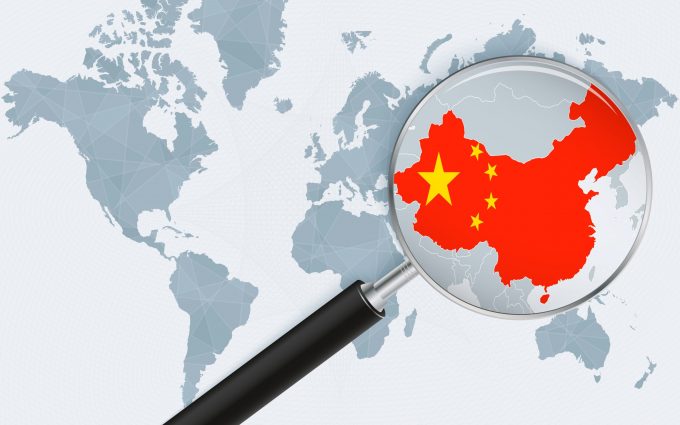Expeditors in court – not over just yet, going to appeal
Wheels of Justice still turning

The Loadstar has launched a series of reports on the ecommerce sector, which has been driving growth in air cargo. But are there clouds on the horizon that should worry air cargo stakeholders in particular?
An explosion in the number of Chinese ecommerce outfits has been accompanied ...


Comment on this article